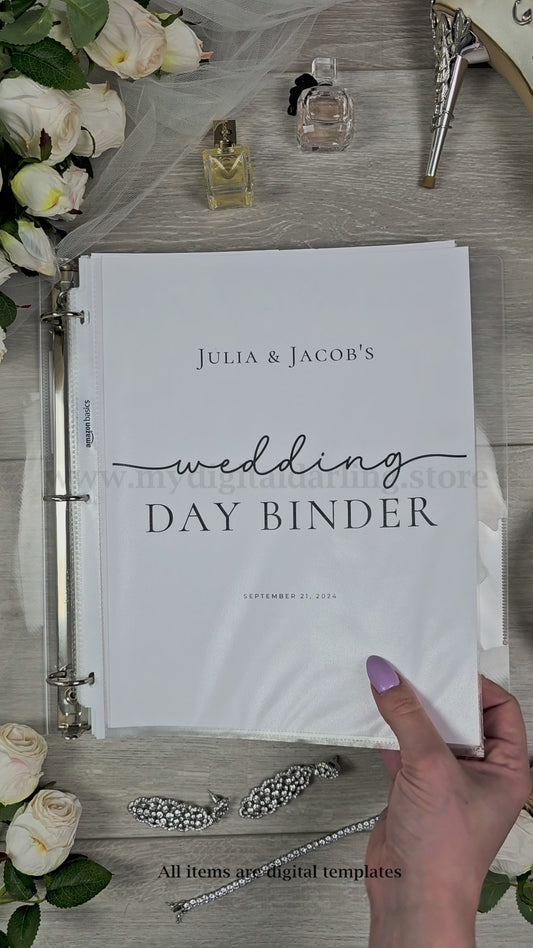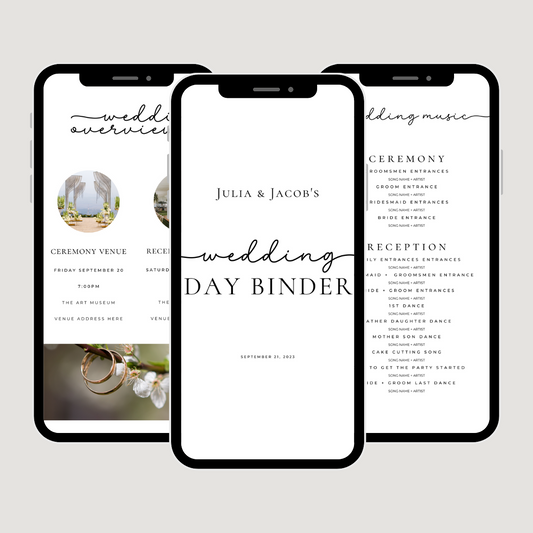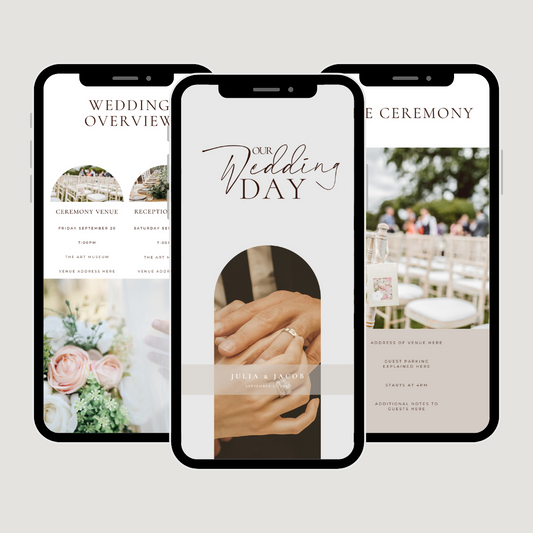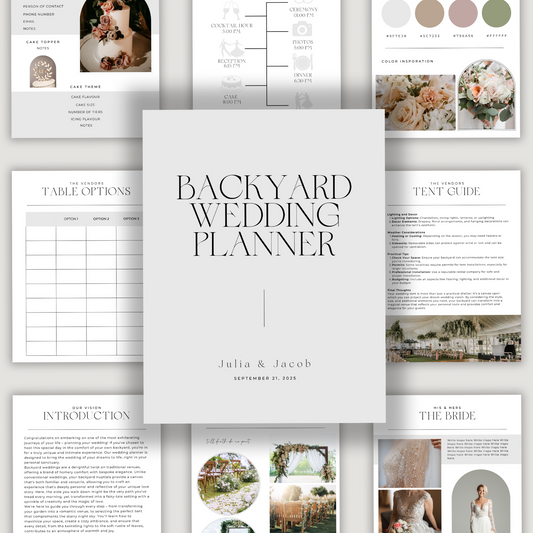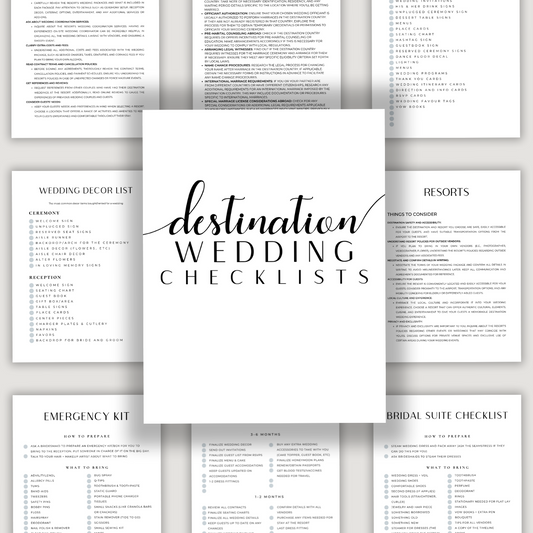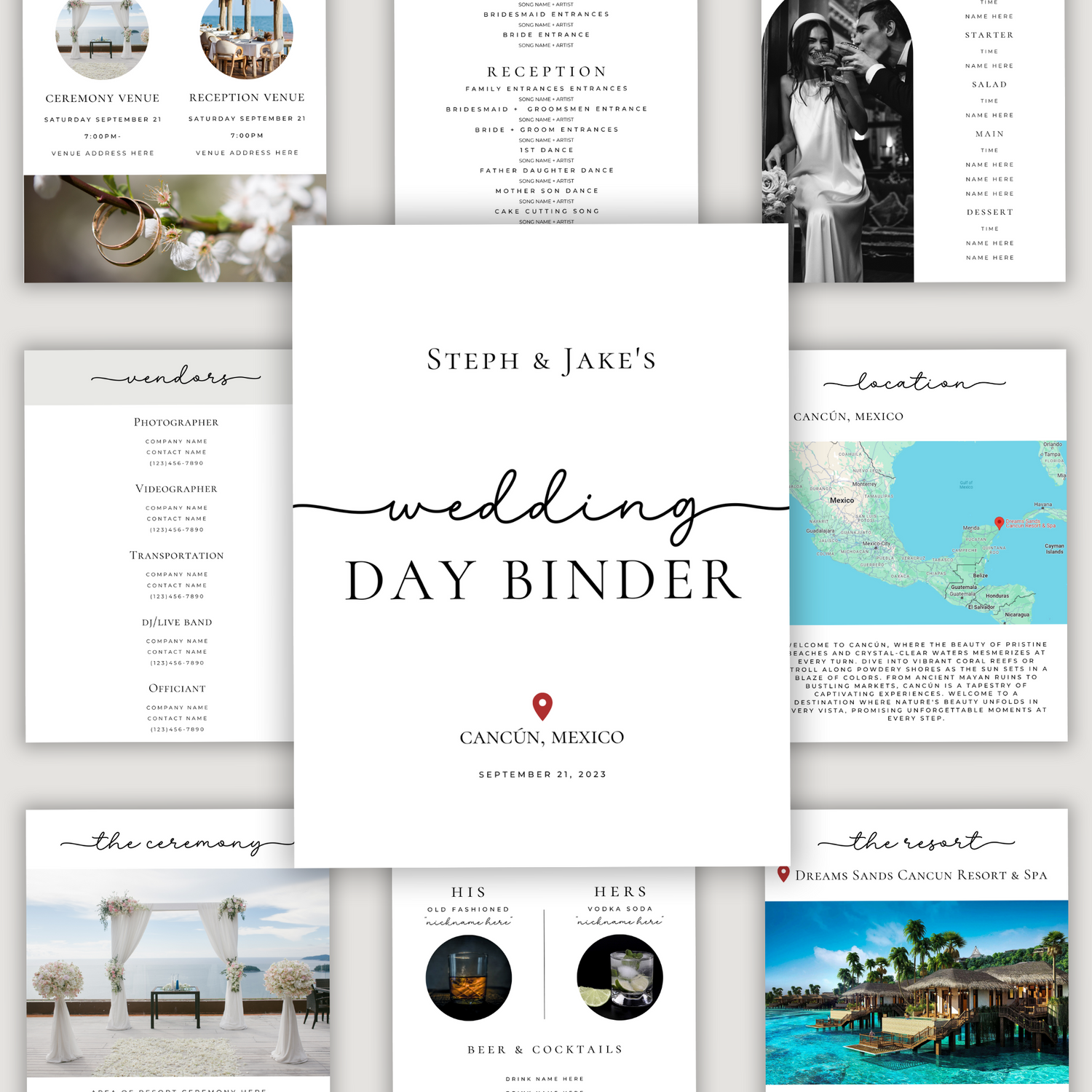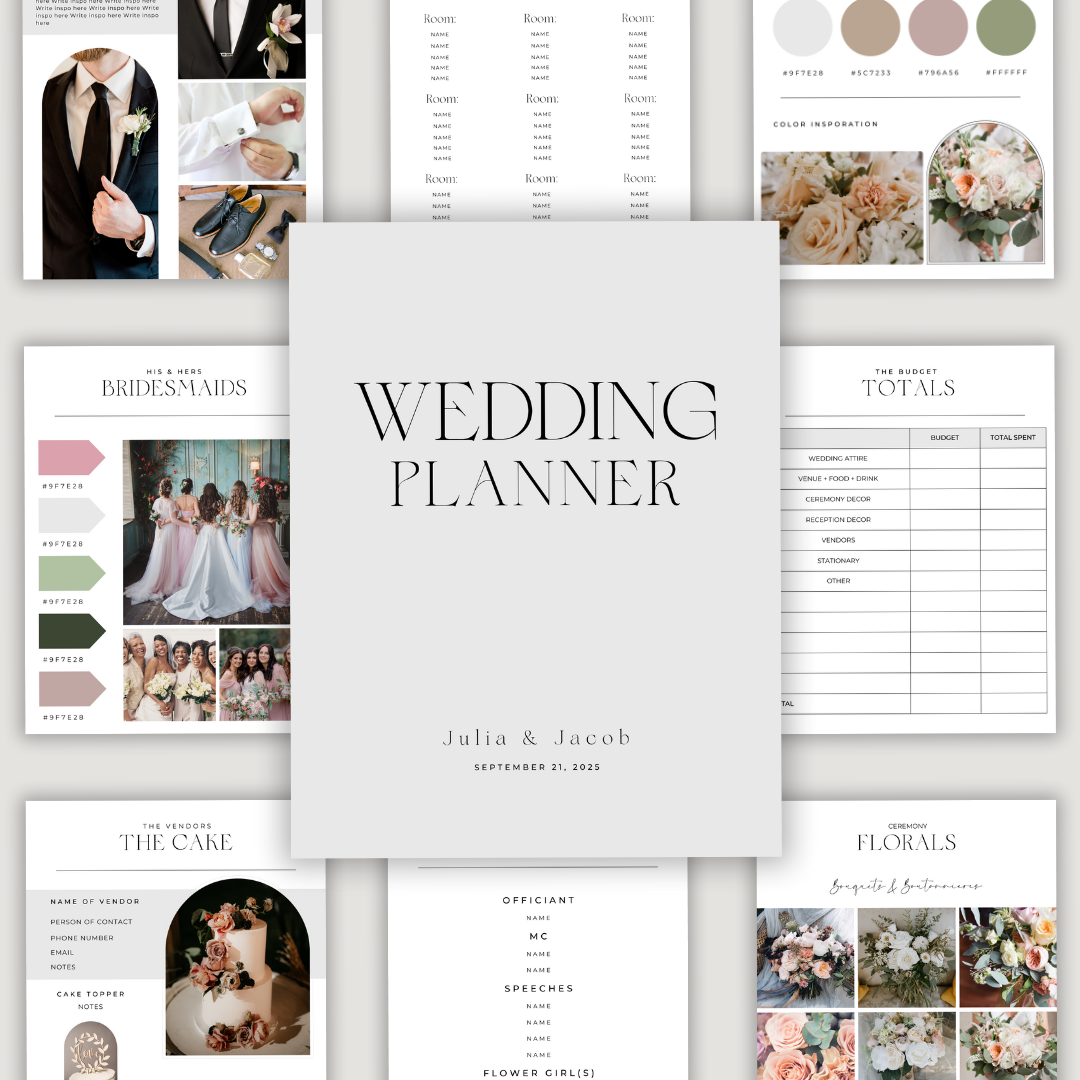What Is the Role of a Venue Coordinator?
Share
When planning an event, especially a wedding, the role of a venue coordinator is crucial for ensuring everything runs smoothly at the chosen location. While their responsibilities may vary depending on the venue and the event, a venue coordinator is typically involved in the logistical and operational aspects of the event. Here’s an in-depth look at what a venue coordinator does and how they can help make your event a success.
Key Responsibilities of a Venue Coordinator
1. Venue Management
Overseeing the Venue
The venue coordinator is responsible for managing the venue on the day of the event. This includes ensuring that the space is clean, set up according to the event plan, and that all necessary facilities are in working order.
Managing Venue Staff
They coordinate the venue’s staff, including setup and cleanup crews, waitstaff, and security. This ensures that everyone knows their roles and responsibilities, contributing to a smooth event flow.
Ensuring Compliance with Venue Policies
The coordinator ensures that the event complies with all venue policies, such as noise restrictions, capacity limits, and safety regulations. They act as the liaison between the venue and the event hosts to enforce these rules.
2. Event Setup and Coordination
Overseeing Setup and Breakdown
A venue coordinator supervises the setup and breakdown of the event. They make sure that tables, chairs, decorations, and other elements are arranged according to the event plan and that everything is dismantled and cleaned up afterward.
Coordinating with Vendors
They work closely with vendors who are delivering and setting up items at the venue. This includes florists, caterers, DJs, photographers, and other service providers. The coordinator ensures that vendors arrive on time, set up in the correct locations, and adhere to the event schedule.
Assisting with Event Logistics
From ensuring the right layout to managing the flow of guests, the venue coordinator handles various logistical aspects of the event. They help with seating arrangements, guest directions, and any on-the-spot adjustments needed to maintain the event’s timeline.
3. Troubleshooting and Problem Solving
Handling Emergencies
If any issues arise during the event, such as power outages, weather changes, or vendor problems, the venue coordinator is the first point of contact to resolve these issues quickly and efficiently.
Providing Support
They offer support to the event hosts and guests, answering questions and addressing concerns. This can include directing guests, providing information about the venue’s facilities, and ensuring everyone is comfortable.
4. Post-Event Duties
Overseeing Cleanup
After the event, the venue coordinator supervises the cleanup process, ensuring that the venue is restored to its original condition. They manage the staff and ensure that all equipment and decor are properly removed.
Reviewing the Event
They may also conduct a post-event review with the hosts to gather feedback and address any remaining issues. This helps improve future events and maintain a high standard of service.
The Role of a Wedding Day Binder
A wedding day binder can be incredibly useful for both the event hosts and the venue coordinator. Here’s how it can enhance the coordinator’s ability to manage the event:
Comprehensive Information
A well-organized wedding day binder contains all the important information about the event, such as the timeline, vendor contracts, decor details, and seating arrangements. This helps the coordinator stay informed and prepared.
Detailed Setup Instructions
The binder can include step-by-step instructions for the setup and breakdown of the event, including floor plans and decor layouts. This ensures that the venue is arranged according to the couple’s vision.
Contact Information
Having all vendor contact information in one place allows the coordinator to quickly reach out if any issues or questions arise. This streamlines communication and problem-solving.
Inventory and Checklists
An inventory of all decor items, whether borrowed, bought, or rented, along with a picture inventory and setup instructions, helps the coordinator ensure everything is in place and accounted for.
Emergency Plan
A section of the binder dedicated to emergency plans and backup options can be invaluable. It provides the coordinator with guidance on how to handle unexpected situations, ensuring a smoother event experience.
The role of a venue coordinator is multifaceted and essential for the success of any event. They manage the venue, coordinate with vendors, handle logistical challenges, and provide support throughout the event. By utilizing tools like a wedding day binder, venue coordinators can enhance their efficiency and ensure that every detail is executed flawlessly.
When working with a venue coordinator, communicate your expectations clearly and provide them with all necessary information. This collaboration will help create a seamless and enjoyable event for you and your guests.


